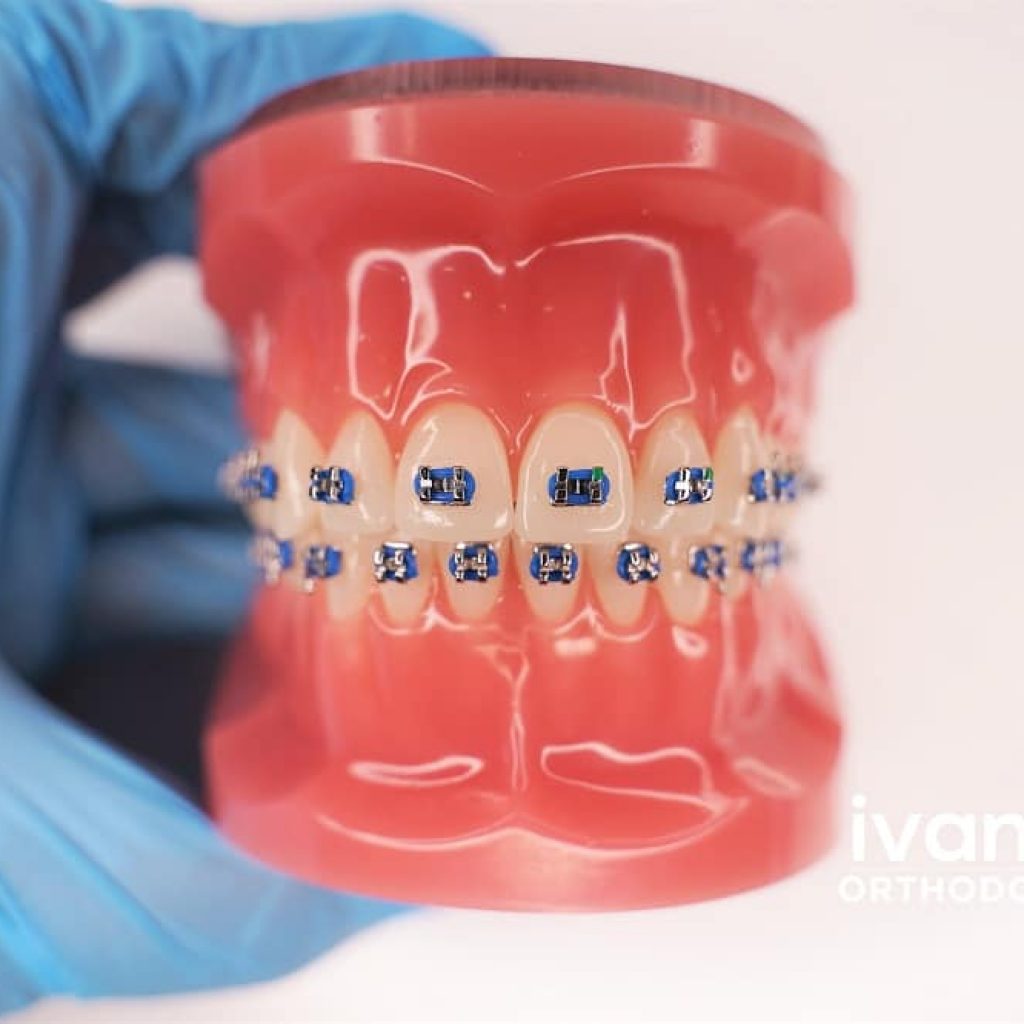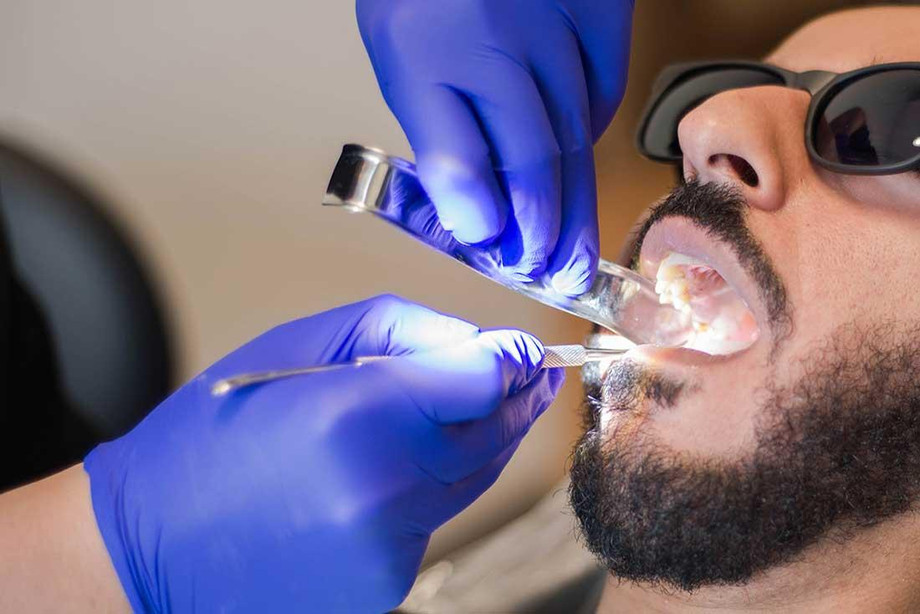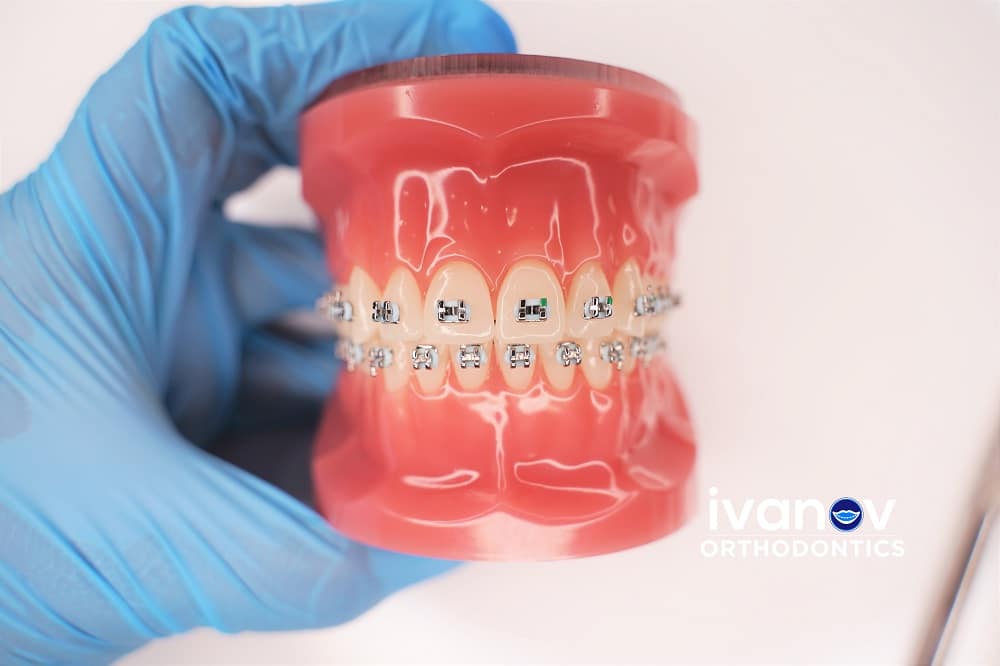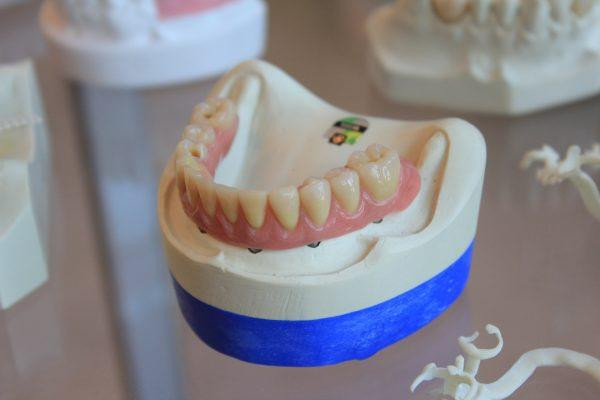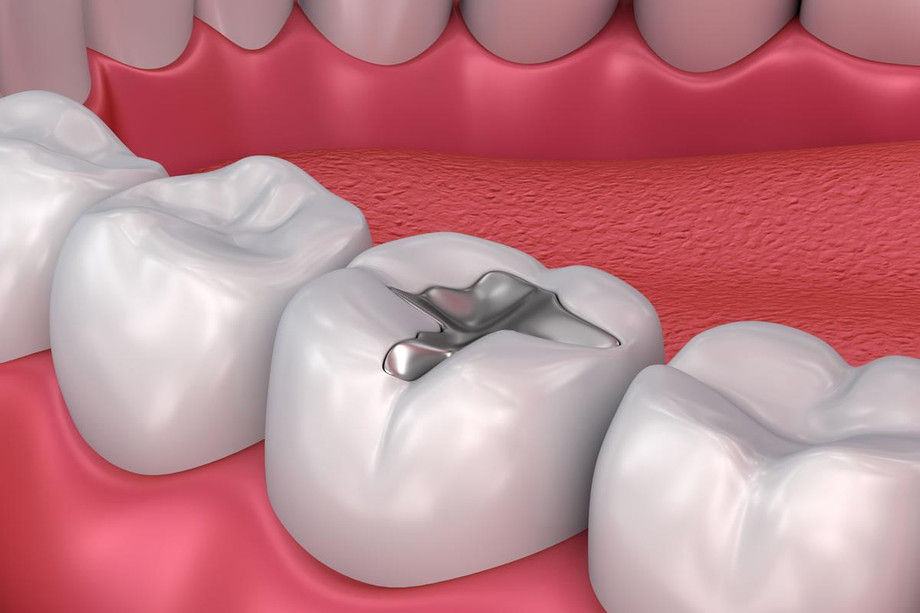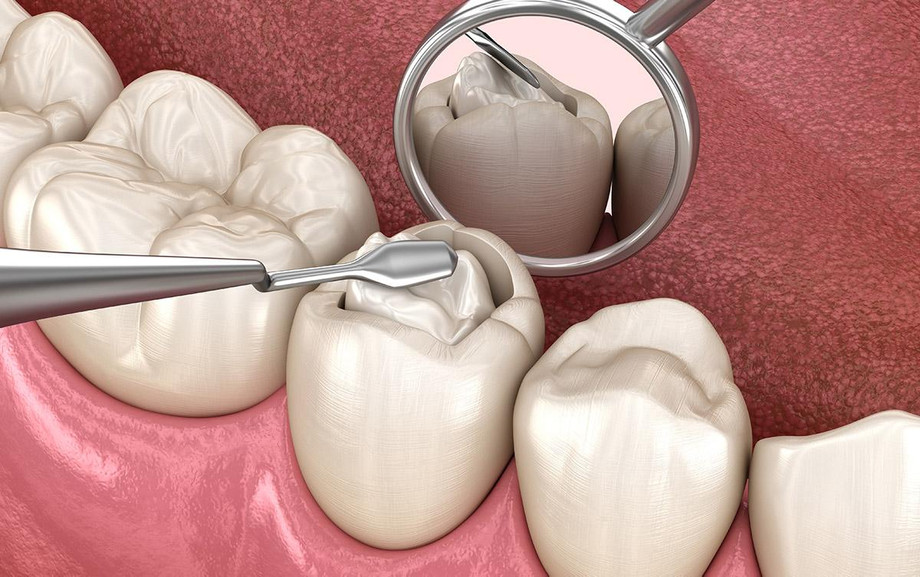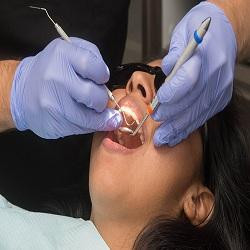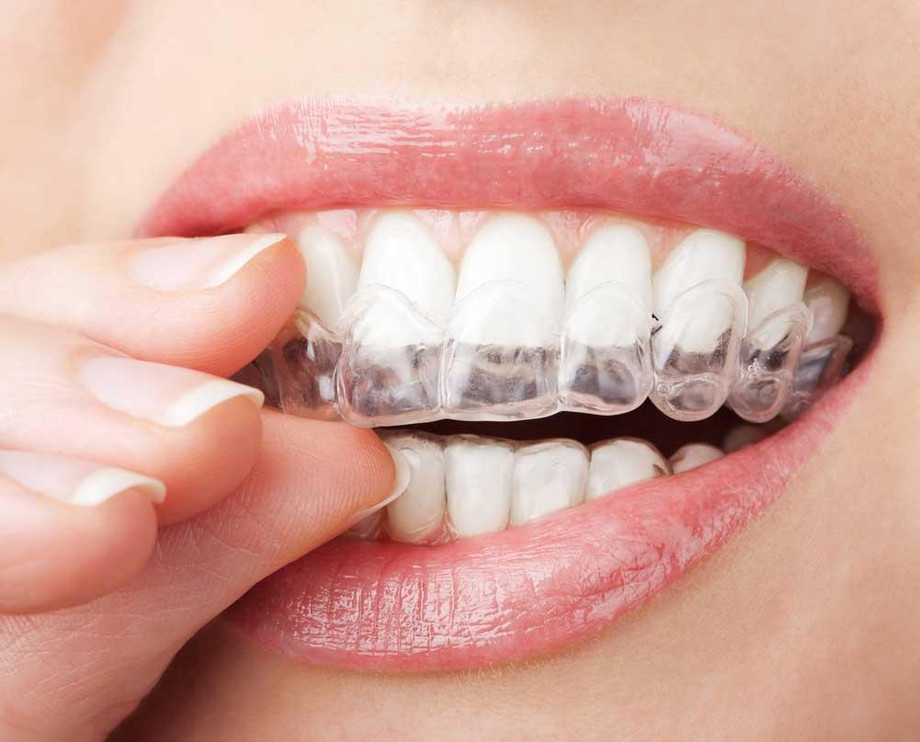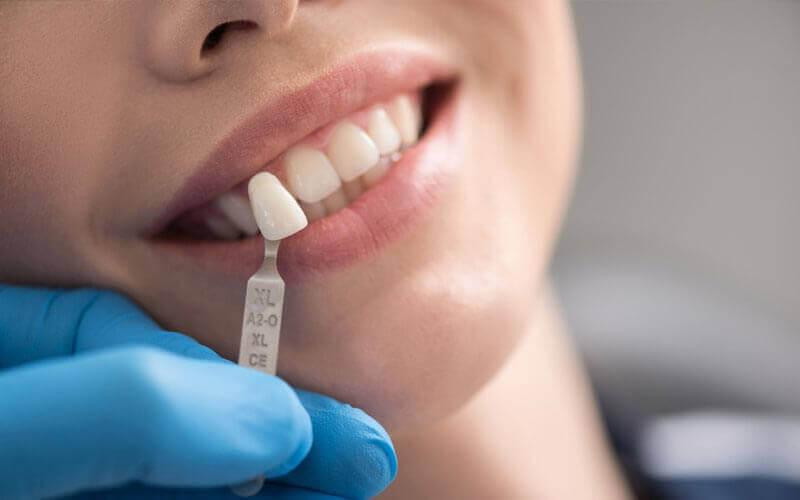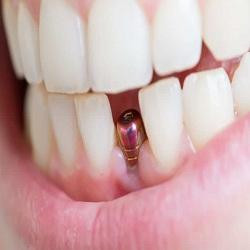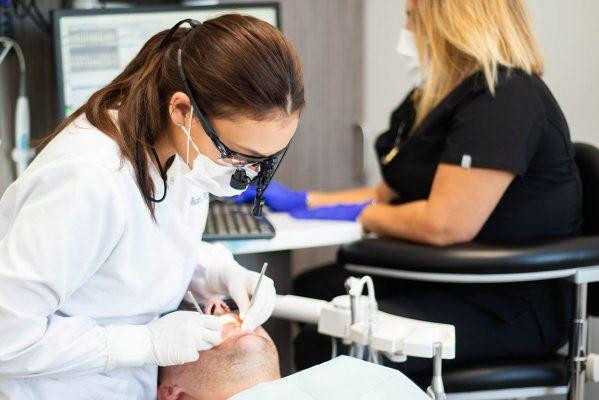Periodontal disease is a slow, progressive disease that can destroy you oral and systemic health. Many of the hallmark symptoms of periodontal disease sneak up on us and are often ignored at least initially. It is important not to ignore these signs and symptoms as periodontal disease is the #1 cause of tooth loss. Periodontal disease comes in many different forms including aggressive, chronic, necrotizing periodontitis, and periodontitis associated with systemic diseases.
Each of these types of periodontal disease has its own distinct characteristics and symptoms, and all require prompt treatment by a dentist to help halt subsequent bone and gum tissue loss. Risk of periodontal disease increases with age. For younger people, dental caries are a more important risk for tooth loss, while for older people, periodontal disease is the more important risk factor.
Risk Factors Of Periodontal Disease
-Age. Studies have shown that over 70% of all Americans aged 65 and older have some form of periodontal disease.
-Tobacco Use (including smoking). We are well aware of the health effects of smoking on our overall health. These diseases include various types of cancer, lung disease, and cardiovascular (heart) disease. Research has also shown that tobacco use also increases a persons risk for periodontal disease.
-Family History (Genetics). Some people are more susceptible to periodontal disease than others. This is because of our genetic makeup.
-Stress. Studies have shown that stress can make it more difficult for the body to fight off infection, this includes periodontal diseases.
–Prescription Drugs (Medications). Some drugs, such as oral contraceptives, anti-depressants, and certain heart medicines, can affect your oral health. Just as you notify your pharmacist and other health care providers of all medicines you are taking and any changes in your overall health, you should also inform your dentist.
-Bruxism (Teeth Grinding). Bruxism can put excess force on the supporting tissues of the teeth and could speed up the rate at which these periodontal tissues are destroyed.
-Presence Of Systemic Disease. Many systemic diseases can interfere with the inflammatory process. These include cardiovascular (heart) disease, diabetes, and rheumatoid arthritis.
-Poor Diet/ Nutrition. A diet low in important, essential nutrients can compromise the body’s immune system and make it harder for the body to fight off infection. Because periodontal disease begins as an infection, poor nutrition can worsen the condition of your gums.
Periodontal Disease Signs And Symptoms
–Bleeding Upon Brushing, Flossing, Or Even Eating. This is one of the most common signs that periodontal disease is active. It is often overlooked as not a big deal. Periodontal disease is an inflammatory disease.
As the bacteria and toxins build up in the mouth, the body responds by activating the inflammatory process, rushing our cells to stop the attack. This will cause the gum tissues to become inflamed and red. It is important to also note that bleeding gums can also be the sign of something more sinister like leukemia and blood platelet disorders.
–Unexplained Pain Or Swelling. Periodontal infections present in this manner. When an oral infection occurs, it is essential that you get to a dentist as soon as possible for evaluation and treatment. If the infection is left unchecked it will cause damage to the gum tissues and the bone supporting your teeth. It can also be carried to other parts of the body through the blood stream affecting your overall health.
-Persistent Halitosis (Bad Breath). Bad breath can occur from many things but peristent bad breath can mean progressive periodontal disease . As the gum tissues are destroyed, the areas where the oral bacteria can flourish will increase causing a foul odor in the mouth. There are other causes of chronic halitosis that should also be ruled out by your dentist prior to treatment.
-Change In Your Smile Or Loose Teeth. As periodontal disease progresses, your teeth will loosen and move out of position. This will effect the way your teeth fit together and even alter your smile.
-Teeth Become Longer In Appearance. As periodontal disease progresses it will lead to destruction of the bone and gum tissues. This will show up as gum recession. Once the gum tissues pull back they expose more of the tooth and root, making them appear longer than before.
–Pus Drainage. This goes along with the periodontal infection mentioned previously. An active periodontal infection will create pus which can ooze out from between the teeth and gums causing a bad taste and bad breath (malodor).
Dental and Periodontal Examinations
Your dentist will complete a thorough examination with x-rays and periodontal charting. Notations about the visual condition of the gum tissue will also be recorded. In its earliest stages the gum tissue is usually red, puffy, and painless or slightly tender at this point. Plaque and tartar will more than likely be present to some degree.
A periodontal probe will be used to measure around the teeth to see if your periodontal disease has progressed and to what degree. It is important to note that once bone loss has occurred you now have a more advanced form of periodontal disease. Following the examination, your dentist will recommend a course of treatment for your periodontal disease. This will include a professional cleaning along with extra home care instructions.
The goal in treatment is to reduce the inflammation and not allow progression of the disease. An antibacterial rinse (example, Listerine) may also be recommended for at home use. Your dentist may also recommend repair of misaligned or crooked teeth to aid you in your home care efforts. Your dentist may also recommend a more frequent schedule(every 4-6 months) to control your periodontal disease. Following removal of plaque and tartar, bleeding and tenderness of the gums should begin to subside within 1-2 weeks after professional cleaning and careful dental hygiene.
Warm salt water or antibacterial rinses can also reduce gum inflammation. Taking an over the counter anti inflammatory medication can also aid in pain and inflammation reduction. Healthy gums should look pink and firm with no bleeding upon brushing, flossing, or eating. Good oral hygiene must be maintained for your whole life, or periodontal disease will come back and possibly advance past the gingivitis form into advanced periodontal disease (also called periodontitis).
Steps to prevent periodontal disease should include:
-Routine dental visits. Usually recommended every 3- 6 months for examination and professional cleaning.
-Maintain At Home Dental Care. Brushing after every meal and flossing at least once a day.
-Rinsing with an antiseptic rinse as recommended by your dentist. Choose one with the American Dental Association (ADA) seal of approval.
Consult your physician if the bleeding is severe or chronic, gums continue to bleed even after dental treatment, or you have other unexplained symptoms along with the bleeding from your gums. These could all be the sign of a more serious condition than periodontal disease and should be checked out as soon as possible.
Conclusion
Preventing periodontal disease is up to the patient. Luckily, it is preventable with diligence and effort. Maintaining good dental hygiene and seeing your dentist regularly will lead to a lifetime of healthy smiles.
If you are ready for a smile makeover, contact Marielaina Perrone DDS at (702) 458-2929 to schedule a no cost cosmetic dentistry consultation appointment. We cannot wait to help you with your smile makeover to create the smile of your dreams.


